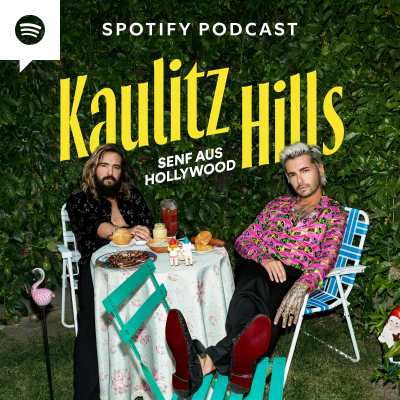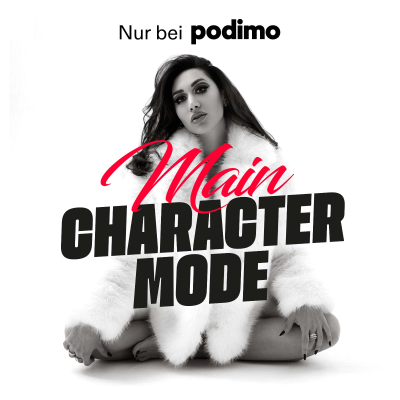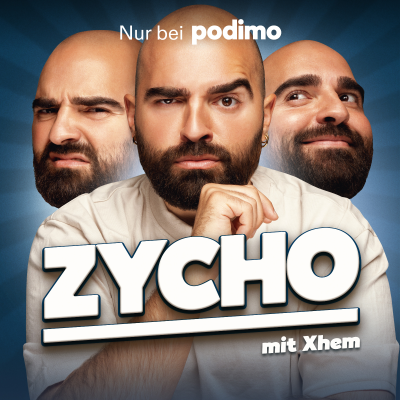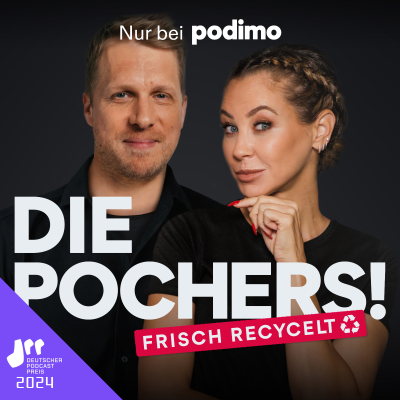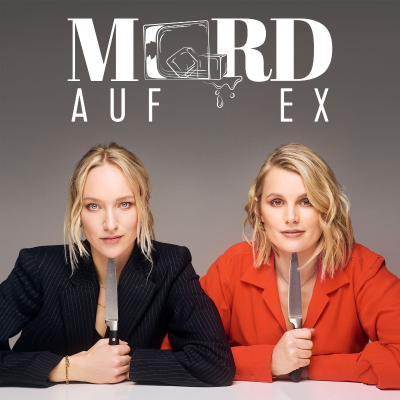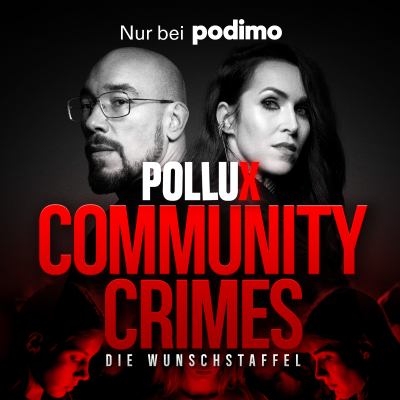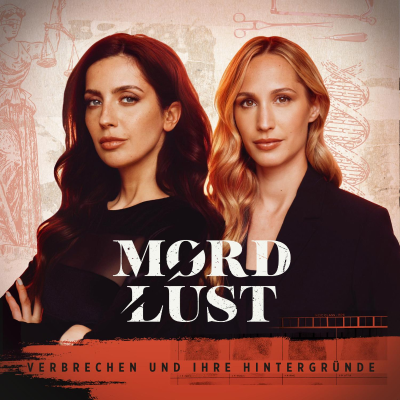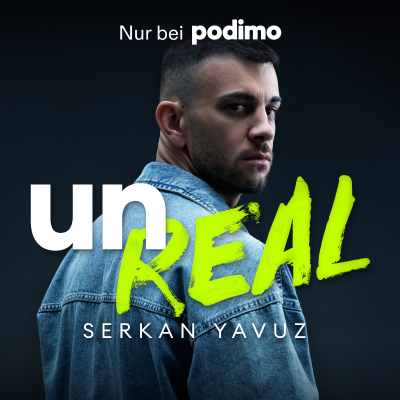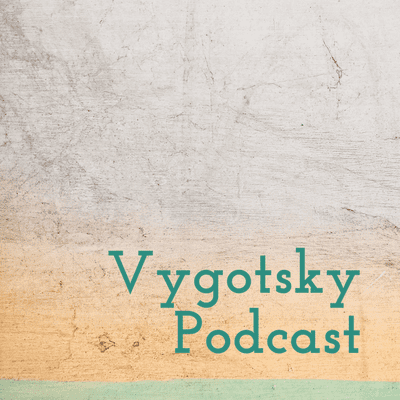
Vygotsky Podcast
Podcast von Anthony Barra
Let's try to better understand Vygotsky's ideas. These are audio versions of my YouTube videos found here: http://tiny.cc/3zayuz I'm no expert, so take my remarks with salt. Fortunately, most episodes in this podcast *DO* feature conversations with experts and deep researchers. Season 1 - Chats about CHT & Teaching; Season 2 - 5 Principles for Vygotskian Research; Season 3 - Answered Questions; Season 4 - Snippets & Excerpts; Season 5 - Notes on certain concepts; Season 6 - More short clips (from http://tiny.cc/vr3ns) Season 0 - Chats with friends (w/ emphasis on learning & development)
Nimm diesen Podcast mit
Alle Folgen
229 FolgenHelpful article, worth reading in full. For now, here are four excerpts from “Cultural-Historical Theory and the Dialectics of Lower and Higher Psychological Functions" by Nikolai Veresov (2021) (If I sound a little off, well a. i. have a little . . . cold ; )
with Francine Smolucha, Vygotskian translator, researcher, & teacher (Initially posted Nov 17, 2022) Full chat: http://tiny.cc/6g65vz
A few more considerations and ideas for reading fictional literature and "fictional reality”: texts as intentional acts; texts as a 'turn' in an ongoing cultural conversation; and threshold concepts. This excerpt is from "Thinking and Feeling Our Way Through Fake News" with Michael W. Smith http://tiny.cc/m1v1vz [https://www.youtube.com/redirect?event=video_description&redir_token=QUFFLUhqazRUSGd0VlRUNE1na0JSRHNRU1FObUZ3OVg0QXxBQ3Jtc0trTmVKQXZiX0R5MGxwQjJjNW01QXBpVy1wc0g0ekwwN3pXa2s4TXF2bmhEMmpRUHk3UjNNRW9pVHdST19uaXZOaWx0bTYyTGdrREdKT2xqLTNGaVdPZUZBNGpsOUpJOEpsZTBoMzFuQXdNX0dxc3JVTQ&q=http%3A%2F%2Ftiny.cc%2Fm1v1vz&v=jOQ1kFSDpb4]
A few more tools for reading fictional literature and "fictional reality”: Impression management, narrator reliability, and a transferable question set that can be carried wherever one goes. This excerpt is from "Thinking and Feeling Our Way Through Fake News" with Michael W. Smith http://tiny.cc/m1v1vz
Readers of literature tend to have rich imaginations which can sometimes be a barrier to parsing information in the world. On the other hand, literary skills can be great armor in the battle against information pollution. Here are a few tools. This excerpt is from "Thinking and Feeling Our Way Through Fake News" with Michael W. Smith http://tiny.cc/m1v1vz [https://www.youtube.com/redirect?event=video_description&redir_token=QUFFLUhqbFBRNXcyNUpjdVZXSVdpWkZMTHR5ZFE1WkpBQXxBQ3Jtc0tublVvNkZPdlNWOEstcDJONmJoMS1zdWdYV1hUZUpISHoxVElEdl91VkV6cmJLOVVNSjh2UEFXUGRkRTRQZ2NVQllJTTJGREpwOVctZW0ySjdhREFaZE5uQzhrTm9LSjdlUkdJcDRwYlhOTXpmS2lMOA&q=http%3A%2F%2Ftiny.cc%2Fm1v1vz&v=7vrzjQUCimk]
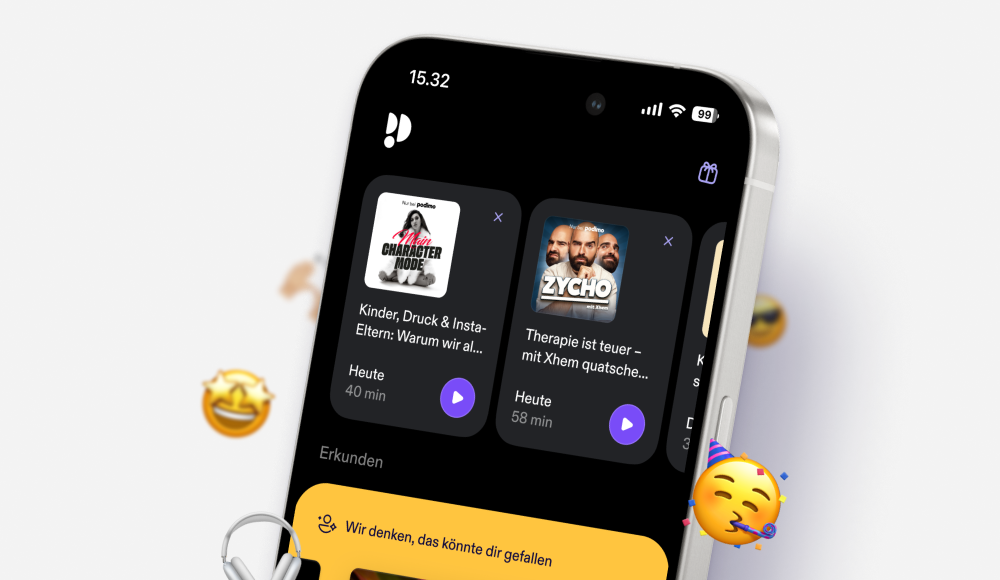
App downloaden & deine Podcasts überall hören

